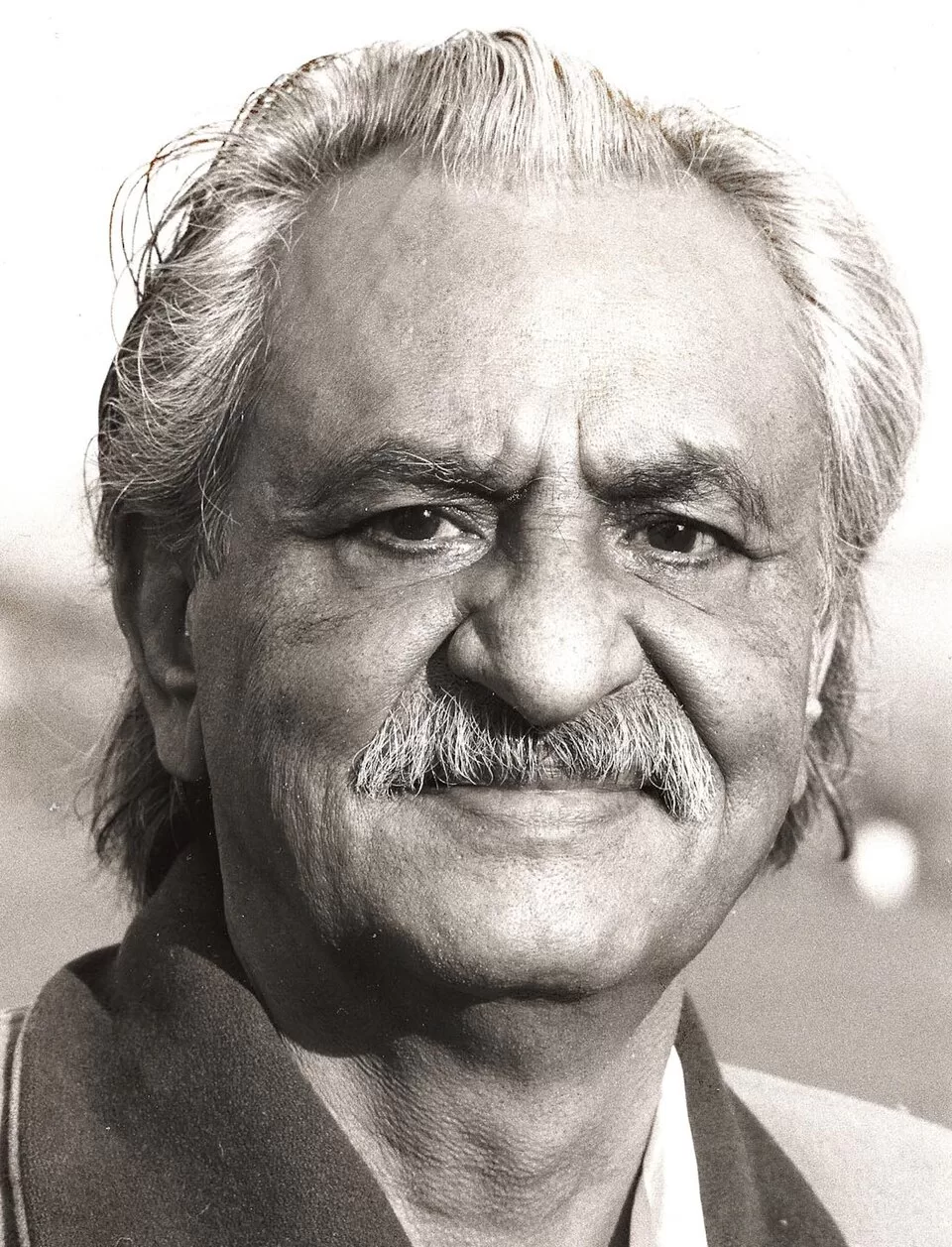Originally published in Sufi Journal Issue 41 (Winter 1998-99)
(Reprinted from Discourses on the Sufi Path)
Many of us proudly call ourselves Sufis without truly understanding what Sufism is or who the Sufis are. Day and night, we engage in idolatry and pursue the desires of the nafs. This situation is summed up in Rumi’s verse:
The Sufis are disgraced
because of our behavior,
our constant concern
with our own desires.
In the traditional practice of Sufism, which is based on the Islamic principle of adherence to Divine Unity (tawhid), only someone who is truly without self, without existence, who has no concern for the material world and whose attention is focused solely and entirely on the Divine Beloved, is worthy of the name ‘Sufi’.
Khwaja ‘Abdo’llah Ansari has described the Sufis as “a group who are never entangled in the shackles of envy, whose robes of submission are never tainted with the dust of the nafs, and whose eyes are never bothered by the smoke of selfish desire. They are monarchs of the Path in the garb of poverty, and angelic in their human form, while proceeding in a stately manner along their way.”
With this description in mind, it would be well for us to sit in judgment upon our claim to be Sufis, analyzing it critically, determining just how much of a ‘Sufi’ we are, with the aim of trying to correct whatever deficiency keeps us from fully becoming a Sufi.
The first lesson of Sufism is to love God’s creatures and respect their views. Therefore, a Sufi should, in principle, refrain from interfering in others’ affairs or condemning their way of thinking. Anyone who condemns other people’s religious convictions or manner of worship—which are ways of attracting God’s favor and moving closer to Him—not only is not a Sufi, but is, in fact, an enemy of the Sufis, for objecting to others’ religious views in any way is a form of arrogance and self-centeredness, constituting the greatest offense in Sufism.
Together, we must free Sufism from dogmatism and pretension and work on protecting the basis of Sufi spirituality from hypocrisy. We should be especially mindful of the fact that Sufism is the school of humanity. Without emphasis on inward spirituality and purity, one cannot, properly speaking, develop into a true human being, truly love all humanity, or serve others with heart and soul without any thought of reward.

